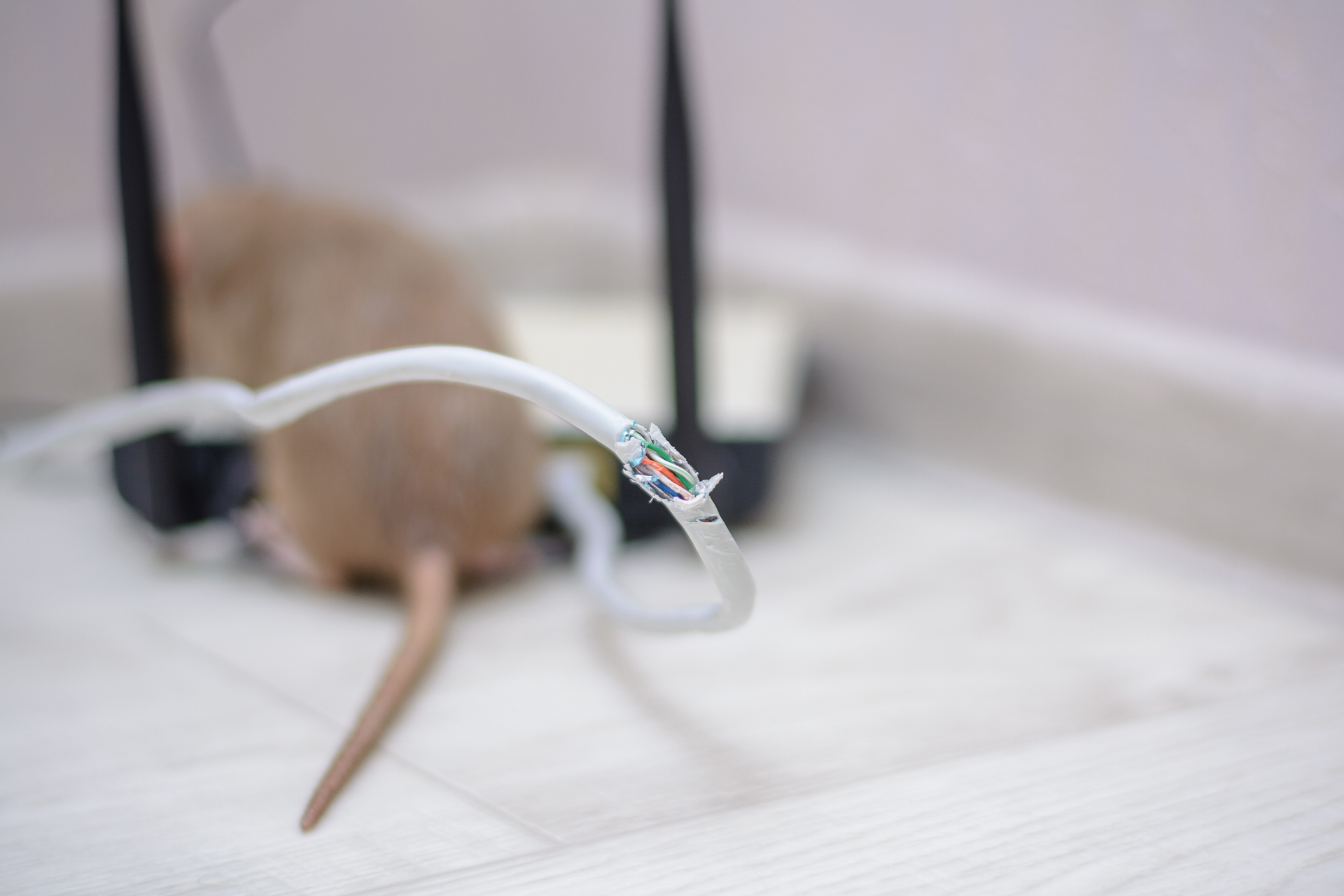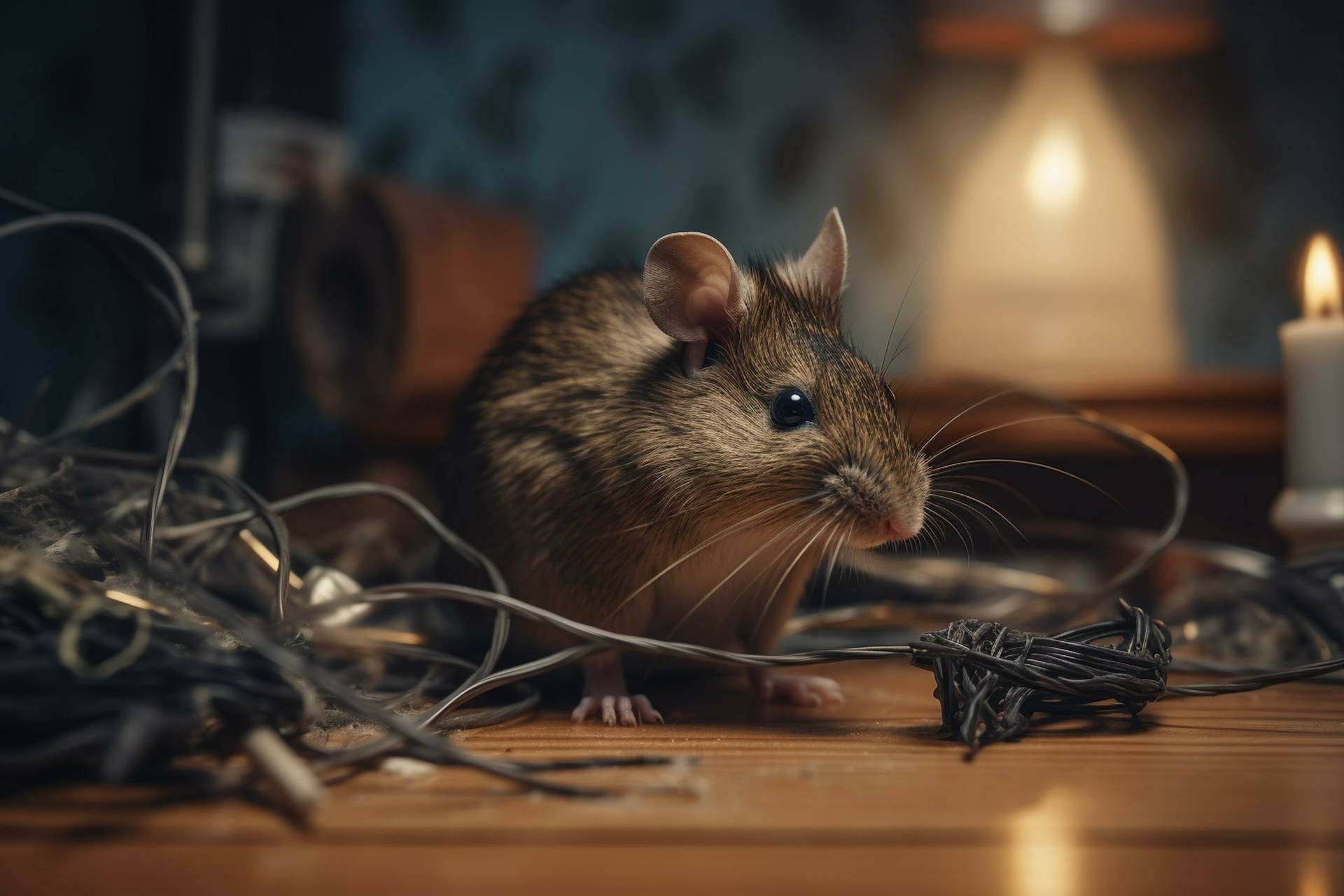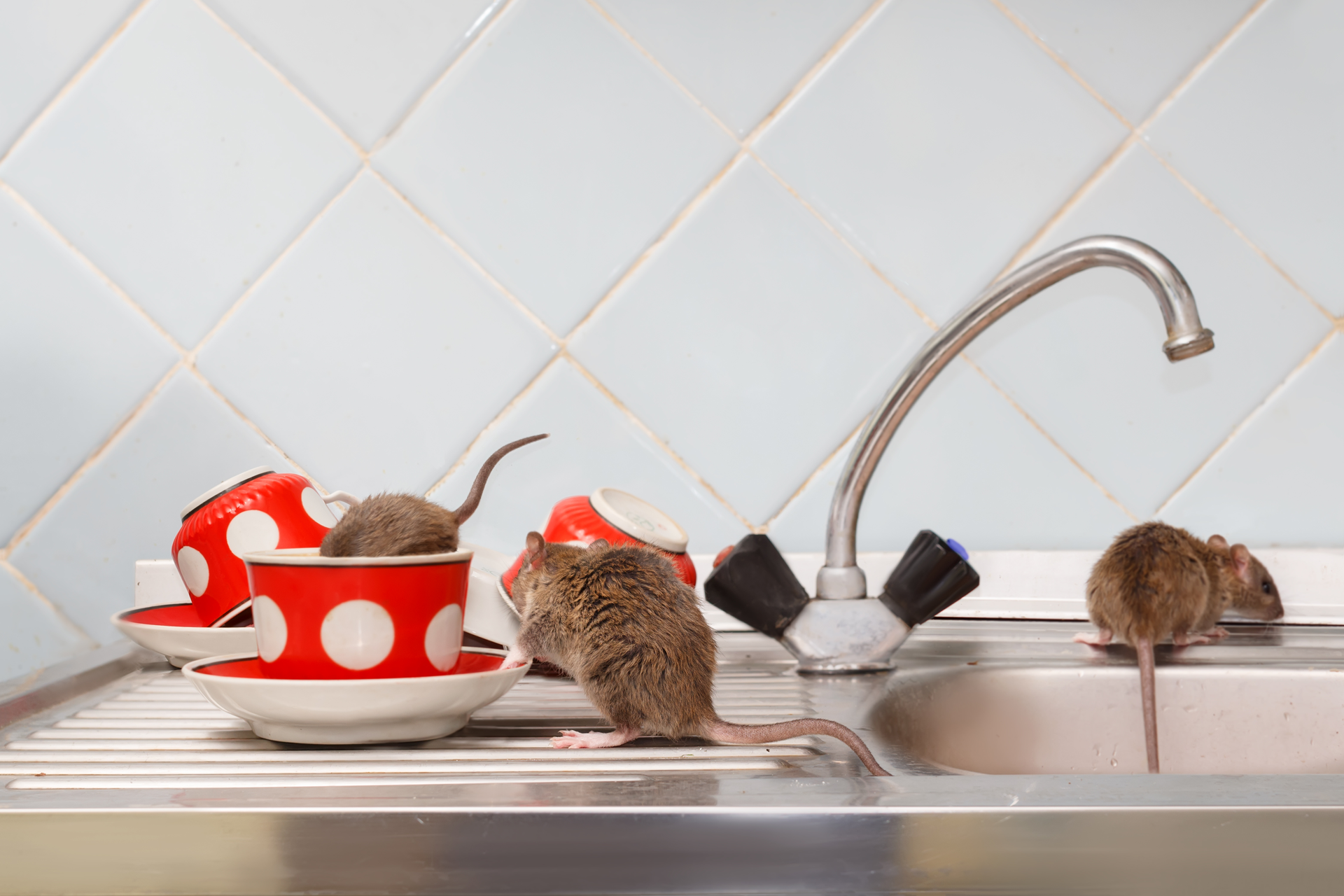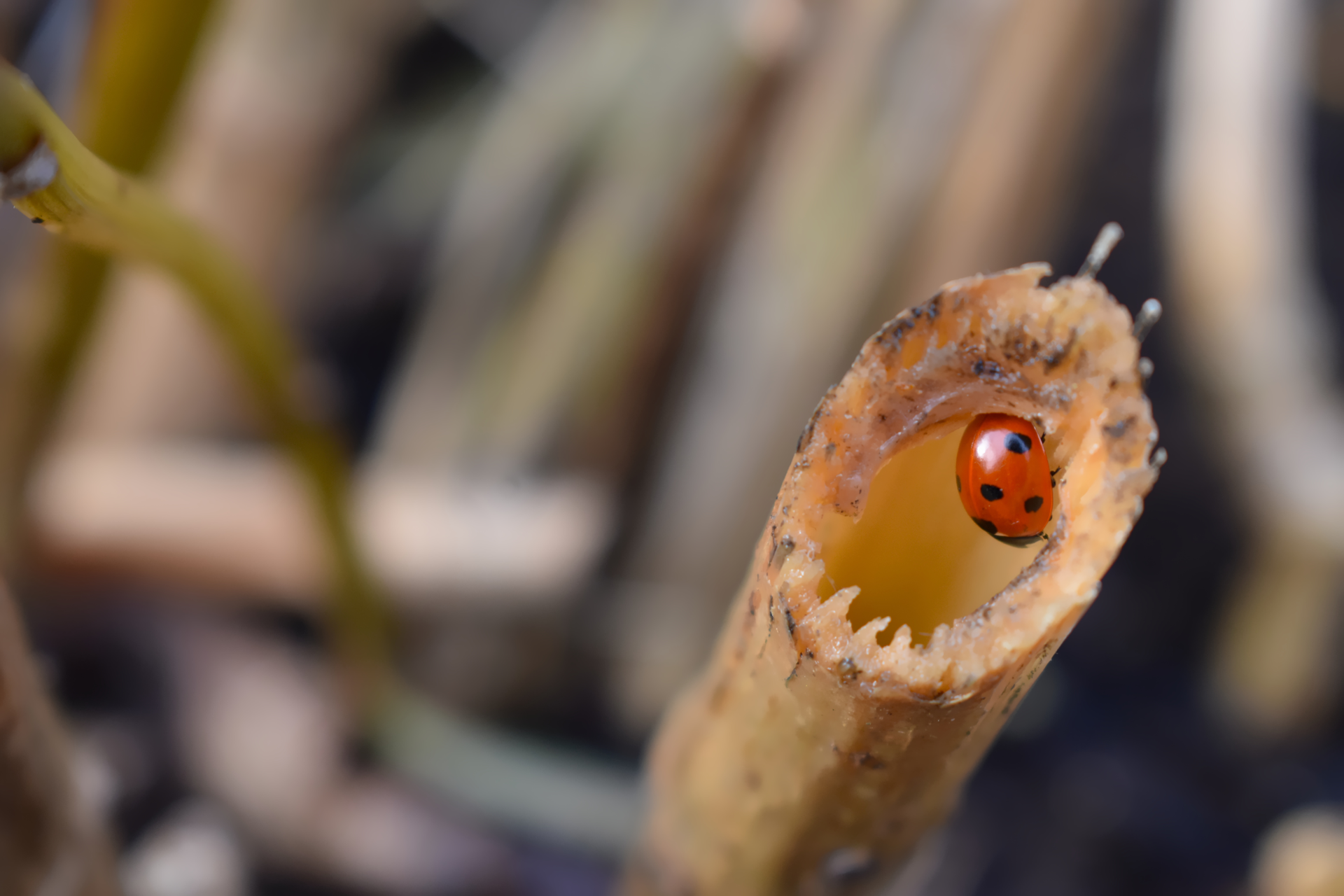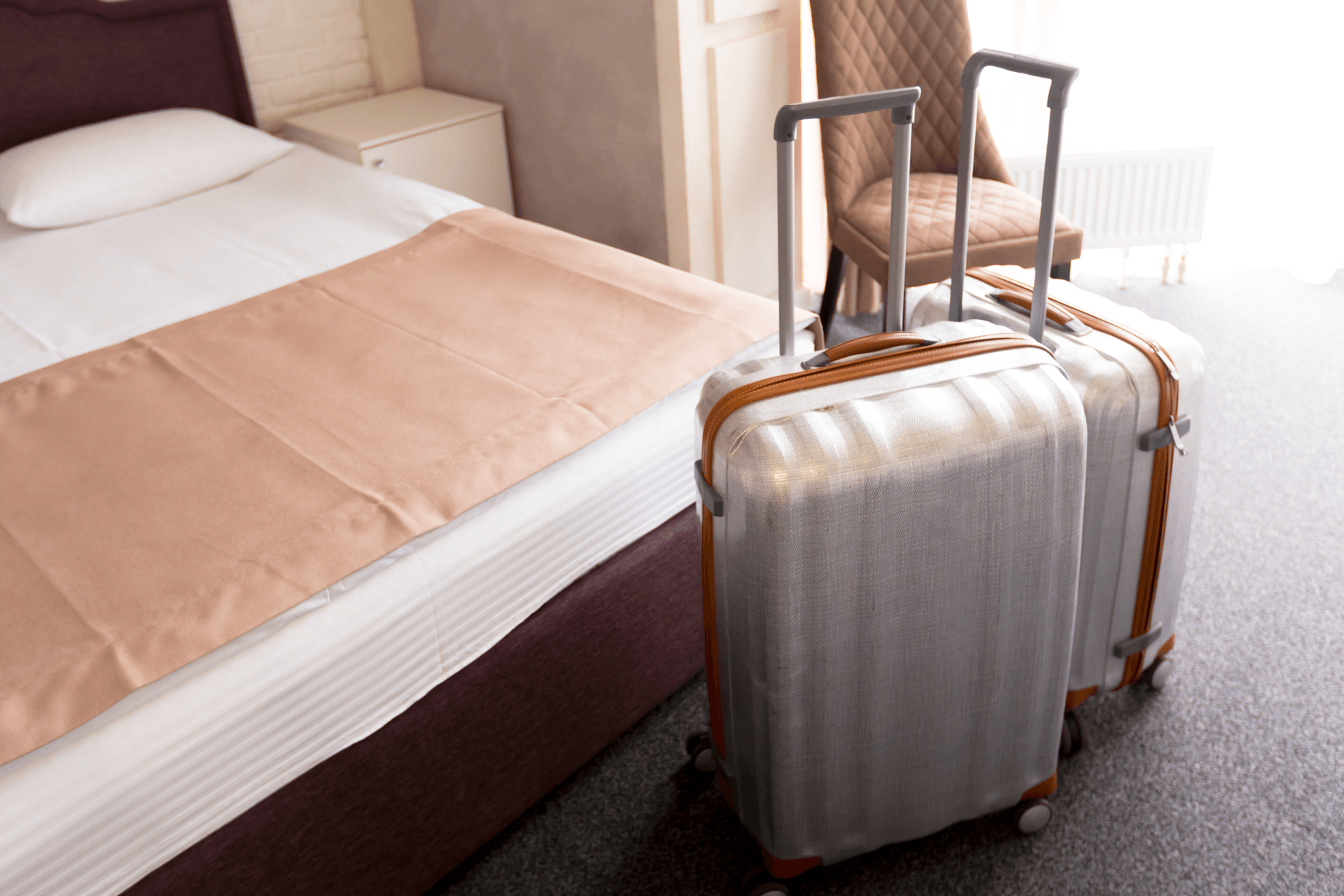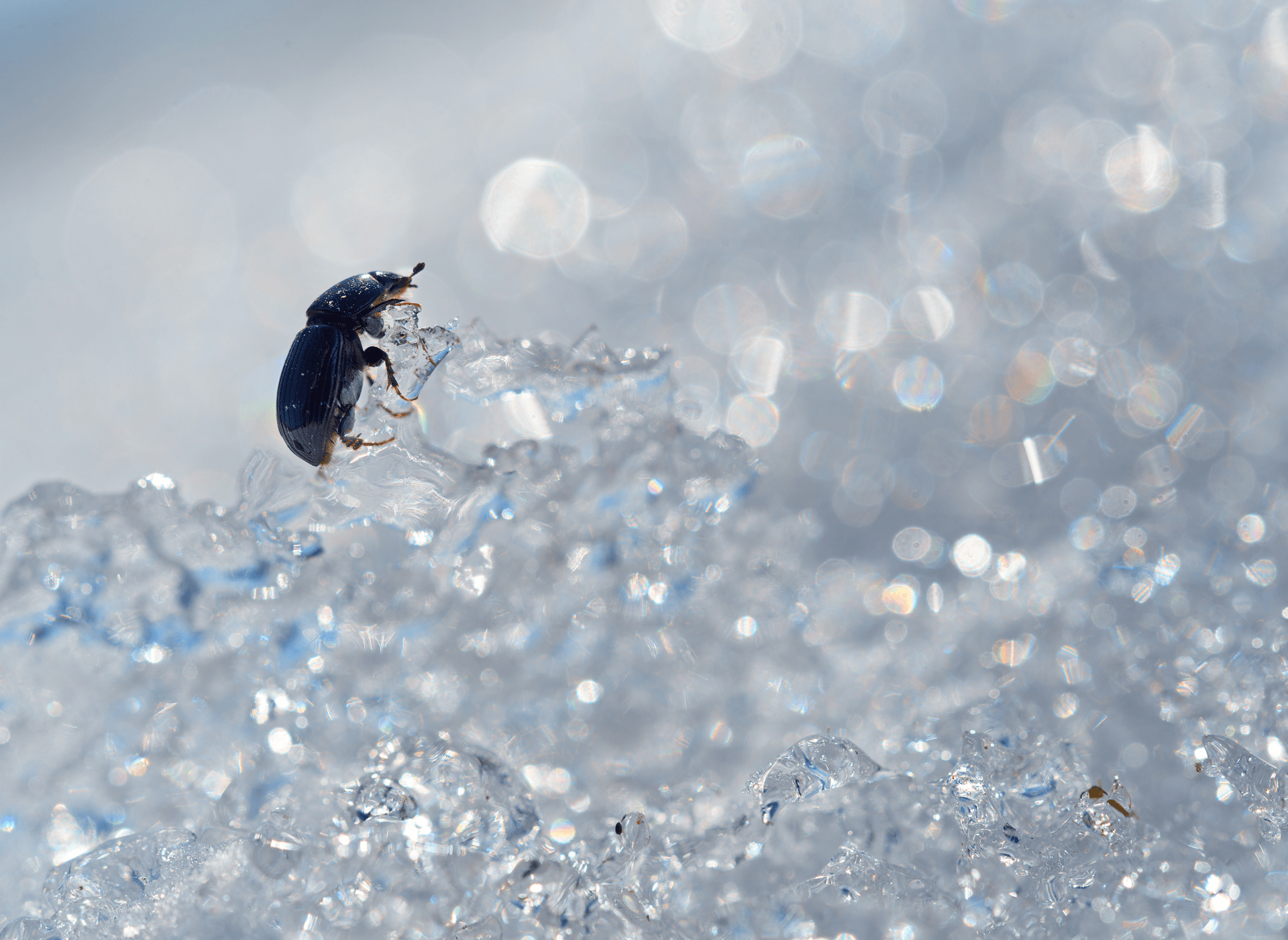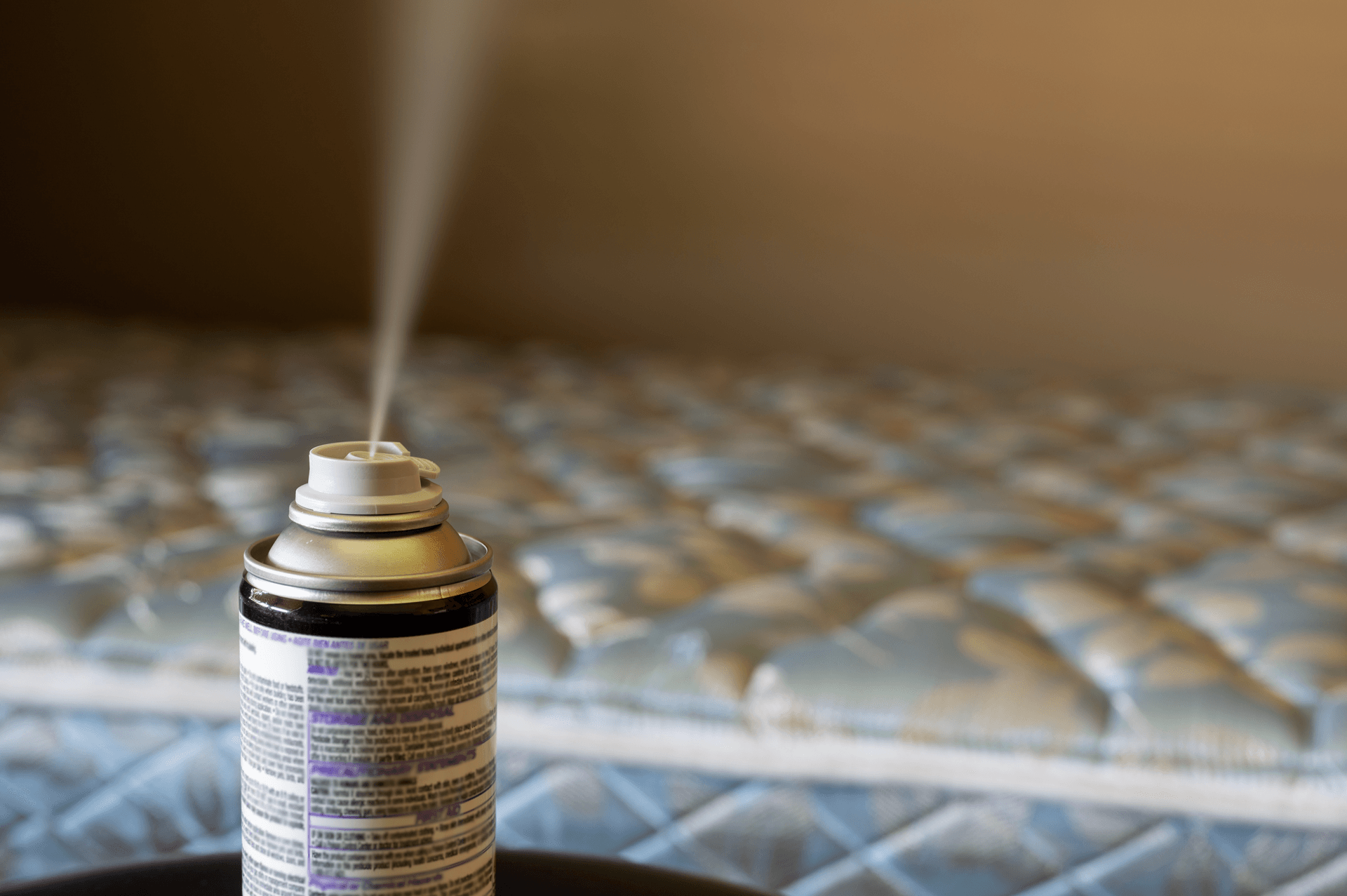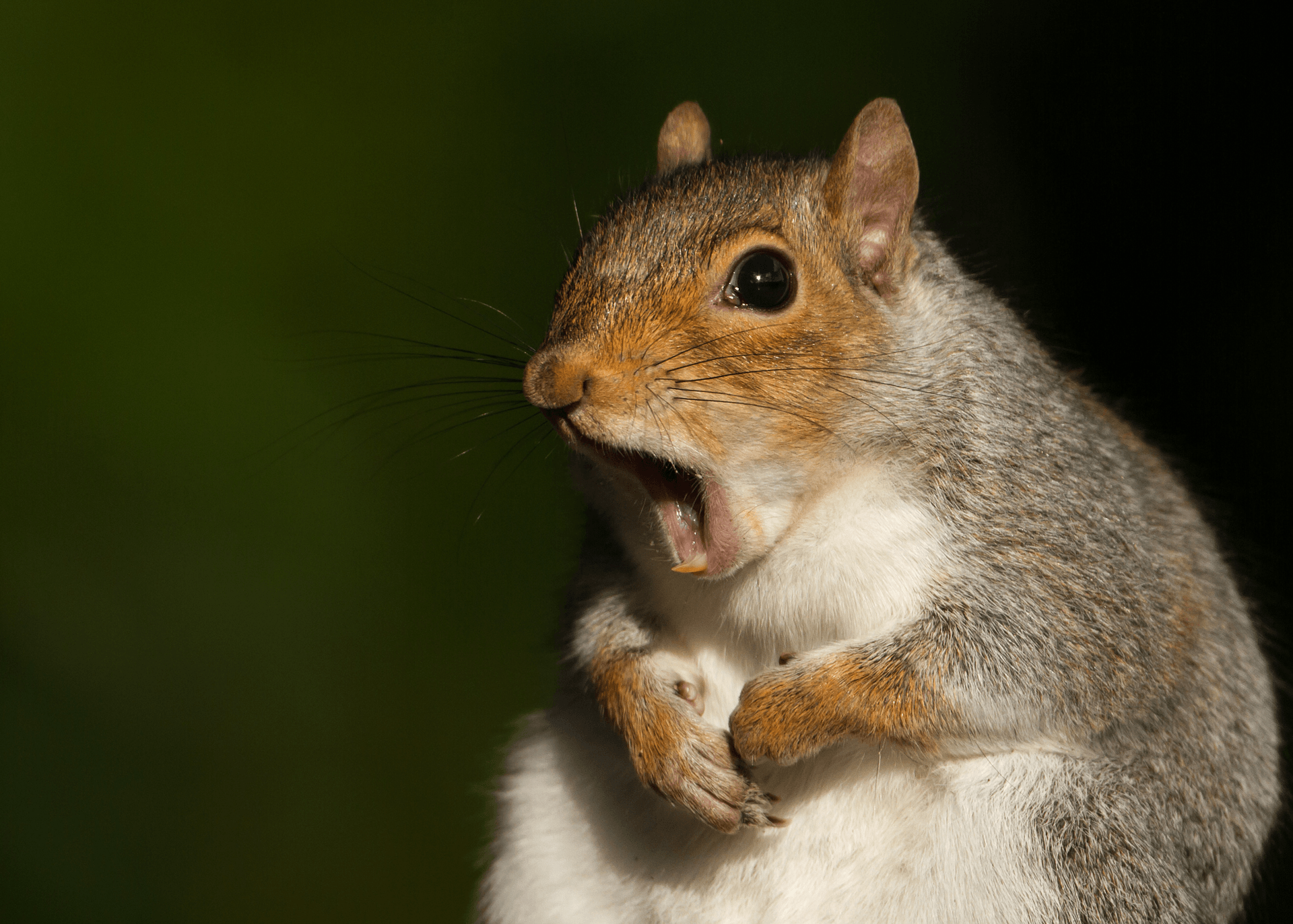Blog Layout
Wildlife - When Love Actually Hurts
Dec 21, 2020
The Seemingly Innocent Things We Do To Hurt The Animals We Adore
Cultivating a connection with nature is such a beautiful thing. Whether it's as simple as taking a peaceful walk through your local park, or developing a bond with the neighborhood's wildlife, spending time outside, admiring the plants and animals can offer a level of tranquility, unlike almost any other recreation. Many people choose to get closer to nature by providing food to wildlife like birds, raccoons, and even larger critters like bobcats and bears. Yet, despite your good intentions and the warm-and-fuzzies you feel when doing so, feeding wildlife can significantly harm the animals' safety and wellbeing, often permanently.
One of the most notable impacts that wild animals are subjected to because of human feeding is the dramatic behavioral change. Since the animals are being offered such a high-value resource (food and water), they begin to view humankind as "good." This ultimately causes them to lose their fear of people entirely. Well, that's not so bad, right? Surely, you don't want animals to be afraid of you. Contrary to popular belief, it's ideal that animals maintain a natural aversion to human beings. This is known as habituation.
A habituated wild animal is at a much greater risk of becoming a victim of human-wildlife conflict, experiencing decreased fitness (lower reproduction rates, shortened lifespan, etc.), and higher vulnerability to being eaten or attacked by other animals. Heightened death rates are of the greatest concern, as shown in brown bears with lots of human contact. Researchers found
that a staggering 70% of male bears raised by mothers who were used to spending time around human beings were killed by conflict with humans, thanks to their relatively bold behavior. This was drastically higher than any other group.
Once wild animals develop an expectation of receiving food from their human neighbors, things can go south pretty quickly, even apart from death. Studies
have shown that the most notable consequences of such "supplemental feeding" include:
- Increased risk of disease spread in wildlife populations
- Reduced immune strength of wild animals that eat or drink human-provided food and water
- Higher stress rates among various wild animal species
- Increased chance of wildlife getting injured
- Higher rates of malnutrition among wild animals*
*Human food doesn't have nutrients that animals need to thrive. When they become more dependent on our resources, they only compromise for a lower caloric and nutritional intake. The animals also gradually lose their ability to find higher-quality food on their own.
Unfortunately, supplemental feeding is not the only bad habit humans have when it comes to invading wild animals' space and wellbeing. People are notorious for invading these creatures' space, especially when trying to take selfies or attempting to pet what appears to be a docile species, like deer. Although the white-tailed deer gallivanting around New Jersey are adorable, petting them is one of the worst things you could possibly do to that animal, aside from outright killing it. This applies to orphaned fawns that you might feel obligated to "rescue," too.
The mother deer's instinct is to leave the baby alone
since that is the best way to protect it from predators. Though it may seem counterintuitive to us, deer have been doing this for millennia, so we should trust that they know what they're doing. As a human, if you were to step in and touch the animal, you will severely compromise its survival, as your scent is now left on its body. This new scent will inevitably draw predators to it, increasing its risk of death or injury.
Another common mistake that people make when trying to interact with wildlife is disturbing birds' nests. Although the commonly-held belief that birds will abandon their babies due to lingering human scent
is untrue, rustling or moving a nest can have terrible consequences. If the adults feel that the nest has been compromised due to excessive harassment, they will leave their eggs or hatchlings to reestablish themselves in a safer location.
On the other hand, if they're not ready to give in, you might be in for a rude awakening. Many bird species have been recorded to "dive bomb" intruders to protect their nest and babies, which can lead to some pretty ugly cuts and bruises for you. Plus, touching birds and their nests exposes you to zoonotic diseases. With all this at risk, it's best to let the birds be, no matter how cute and fluffy they appear to be.
Although you may be aware of all these disadvantages to feeding wildlife in your New Jersey neighborhood or city, you can't control your neighbors' behavior. If someone in your locale continues to feed and touch wildlife, you may see a spike in the number of animals wandering through your residential area. If this is the case, call
Elite Pest Control to resolve the issue and restore yours and the animals' safety once again. Get in touch with us today for a free estimate and to learn more about how we can keep wildlife in their natural environments and away from your home.
© 2024
All Rights Reserved | Elite Pest Control



